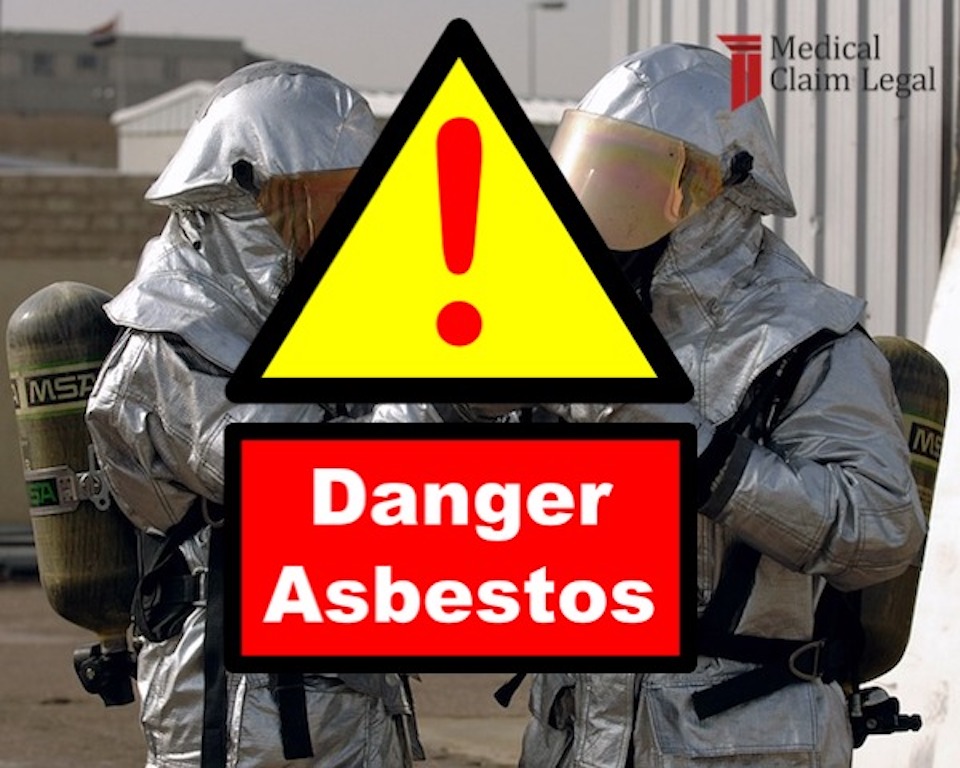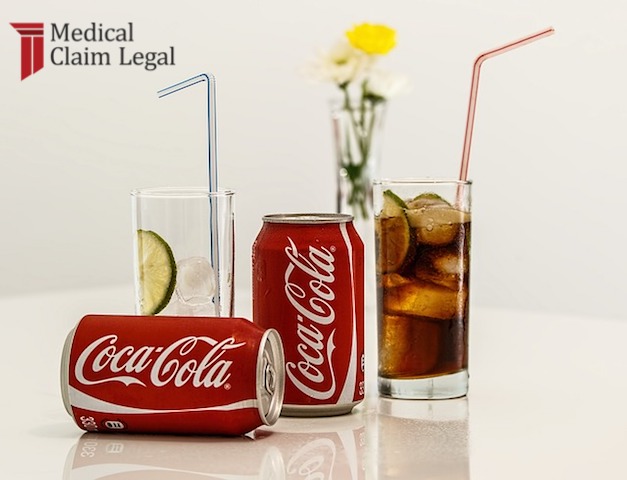Pharmco Laboratories received a warning letter from the FDA citing 4 violations.
Pharmco Laboratories received a warning letter from the Food and Drug Administration. The letter to the Florida-based skincare manufacturer “summarized significant violations of current good manufacturing practice (CGMP) regulations for finished pharmaceuticals.”
In the letter posted to the agencywebsite, four specific violation were referenced.
Pharmco Laboratories was accused of presenting an allergy risk to consumers. The FDA states that there has been insufficient evidence of the proper cleaning of equipment that came in contact with major allergens. Dietary supplements, for example, containing soybeans used the same dryer as the ingreditents in skincare items.
The FDA warning letter stated that “repeated lapses demonstrate a failure of your executive management to exercise proper oversight and control over the manufacture of drugs.”












